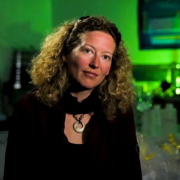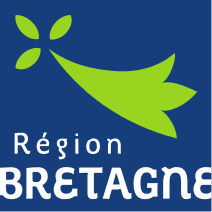
Copyright : Laboratoire LEMAR- 2018
Laurent Memery et Brivaëla Moriceau
International


Start Date
03/04/2025
End Date
03/04/2025
The Inuit lifestyle is changing rapidly and cardiovascular risks (CVD) are increasing dramatically. Unlike marketed foods, traditional and country foods are an important dietary element for the prevention of cardiovascular risks because of their high content of n-3 polyunsaturated fatty acids (PUFA). Many coastal cultures collect bivalves to supplement their diet, and some communities depend on them for their survival. Thus, Mytilus edulis and Mya truncate are two bivalves that form the basis of the diet of Inuit in Nunavik (e. g. Inukjuak, Salluit) and Nunavut (Broughton Island) and meet their need for n-3 PUFA polyunsaturated fatty acids. However, the current and future evolution of the stocks of these two key bivalves and their nutritional quality (i.e. essential fatty acids) in a context of global warming has never been studied. In this project, we first aim to determine the sources and quality of organic matter reaching the seabed by taking into account the origin of this organic matter (ice, water column) and the quality changes related to light degradation and bacterial degradation during their voyage to the seabed. In a second step we will look at their impact on the targeted bivalve stocks and their nutritional quality. The anticipated results of this project will inform us about the potential impacts of climate change on Inuit health and wellbeing by determining the factors influencing Mytilus edulis and Mya truncata recruitment and nutritional quality in both Nunavik and Nunavut.

 SOLAB
Scroll to top
SOLAB
Scroll to top